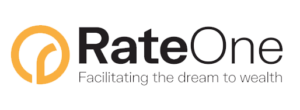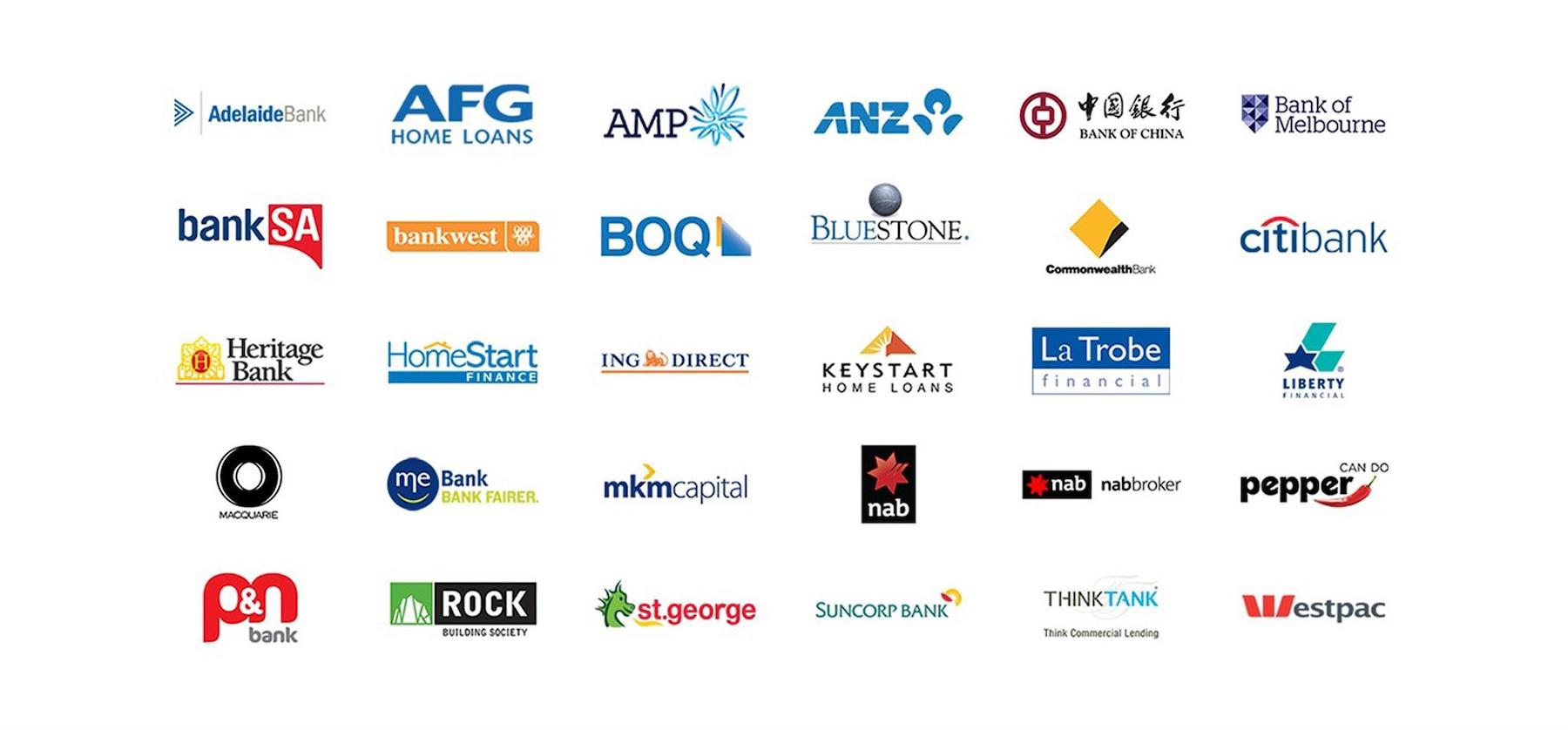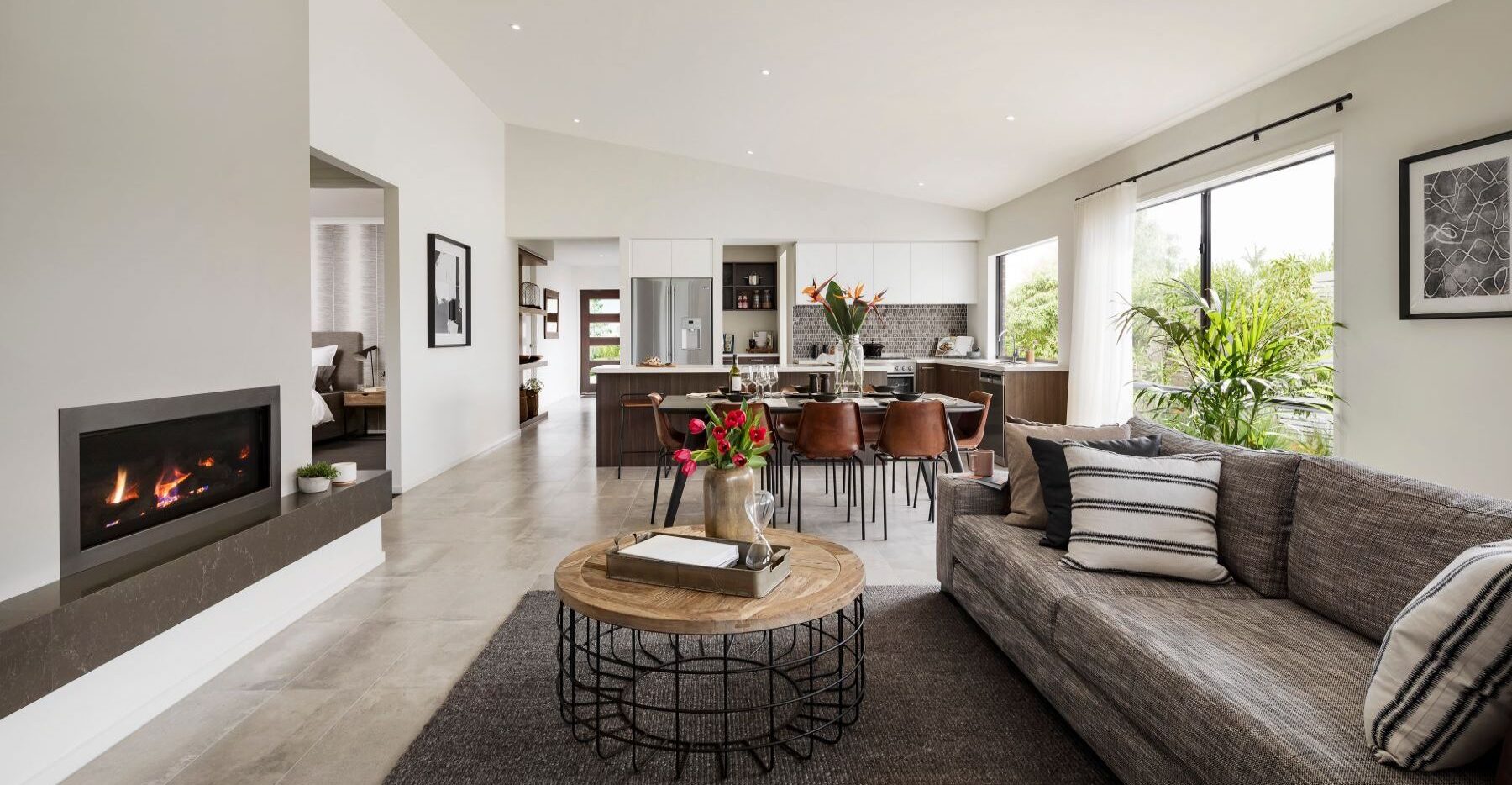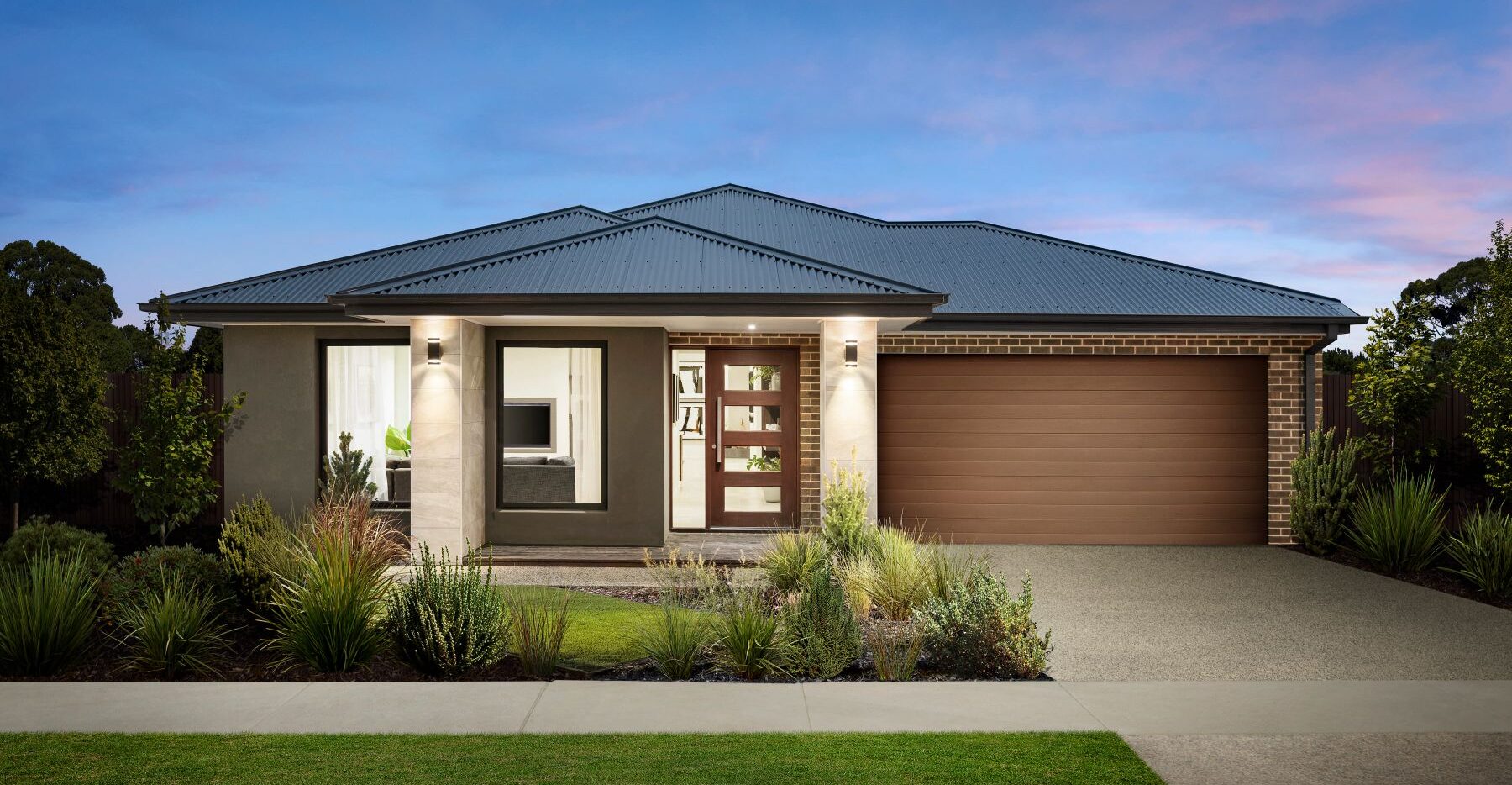Which loan type should you choose?
There are a number of decisions to make when choosing which loan is right for you. Should you choose a fixed interest rate or a variable rate loan? Should you go Principal and interest or Interest-only? Your decision will need to consider a number of factors including your stage (first home buyer vs experienced investor) and your overall financial situation. It’s a good idea to get advice from an expert such as a mortgage broker so you can make an informed decision around which loan is right for you.
What is a pre-approval, and why do you need one?
Once you’ve chosen a loan type and selected a lender, it’s advised that you obtain pre-approval from that lender. A loan pre-approval means that a lender has agreed, in principle, on the amount of money they’ll lend you towards buying a home. It’s not the same as full or final approval, but it gives you greater certainty around what you can borrow, so you can work out your purchase limit.
How big a deposit do you need?
The golden number is generally 20 percent of the price of the property you’re considering, excluding other fees. If you don’t have a 20 percent deposit, one option is to pay for Lenders Mortgage Insurance (LMI) which applies to people with less than a 20 percent deposit. This can be included in your loan repayments so that it’s spread out over the course of your mortgage. You may also consider finding someone to be your guarantor. A guarantor offers their own property as extra security for your loan so that you can access a mortgage faster.
Should you use a mortgage broker?
There are a lot of important decisions you need to make when determining the right loan for your needs. It can be helpful to discuss your options with an experienced professional such as a mortgage broker who can demystify the process, explain the jargon, and help you track down the best rate and loan features available that work best for you.
Are you eligible for government support?
There are some great government incentives to support first home buyers to achieve their dreams. Check out the links below to the First Home Owner Grant and the First Home Loan Deposit scheme to see if you’re eligible to participate:




